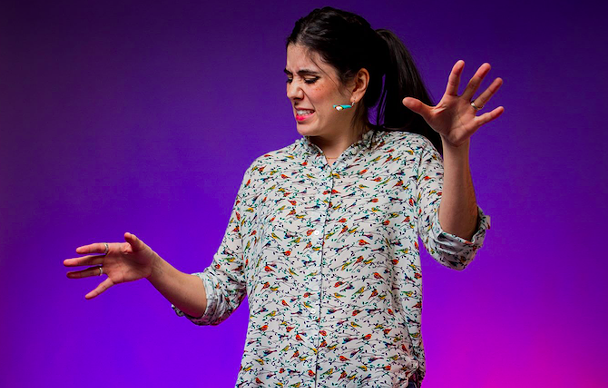
HANNAH GRACE, VIA FACEBOOK
Rebecca Thomas is HRM’s poet laureate and
a proud Mi’kmaq. She was guest-editor of this week's issue of The Coast.
When I was a kid, I used to play “Indian.” I would put a feather in my hair, wear whatever fringed leather jacket my mother had kicking around from the ’80s and I would run around war-whooping outside. When I was a teenager, I dressed up as Pocahontas for Halloween. When I was in my early 20s, I was invited to a “cowboys and
My father was taken from his mother when he was five years old and placed into the Shubenacadie Residential School. He was cut with a scalpel as punishment when he was caught speaking Mi’kmaq, the only language he had ever known. He was forced to learn the Lord’s Prayer while being forbidden from smudging, and hit if he did it wrong.
I didn’t go to residential school. However—this is important—please understand that what Canada took away from my father, it also took it away from me. I don’t speak my language; I get anxious in
The term “generational trauma” means that we—the kids, grandkids, et cetera—of residential school survivors feel the impacts of what was done to our relatives by a country who saw us as less than human.
I don’t play “Indian” anymore because the “Indian” I used to pretend to be wasn’t real. It was the mythical storybook creature Canada had tricked me into thinking was extinct. Today, I am Mi’kmaq. I carry the strength and resilience of a people who refused to be broken.
On July 1, I will not celebrate the Canada that tried to break my father’s spirit when he was just a boy. Instead, I will extend my hand in hopes non-Indigenous Canadians will take it in the spirit of reconciliation. After all, reconciliation is not an official process. It is in the hearts and actions of the individual. The first one can be understanding and
———
Voice of the City is a platform for any and all Halifax individuals to share their diverse opinions and writings. The Coast does not necessarily endorse the views of those published. Our editors reserve the right to alter submissions for clarity, length, content and style. Want to appear in this section? Submissions can be sent to [email protected].
